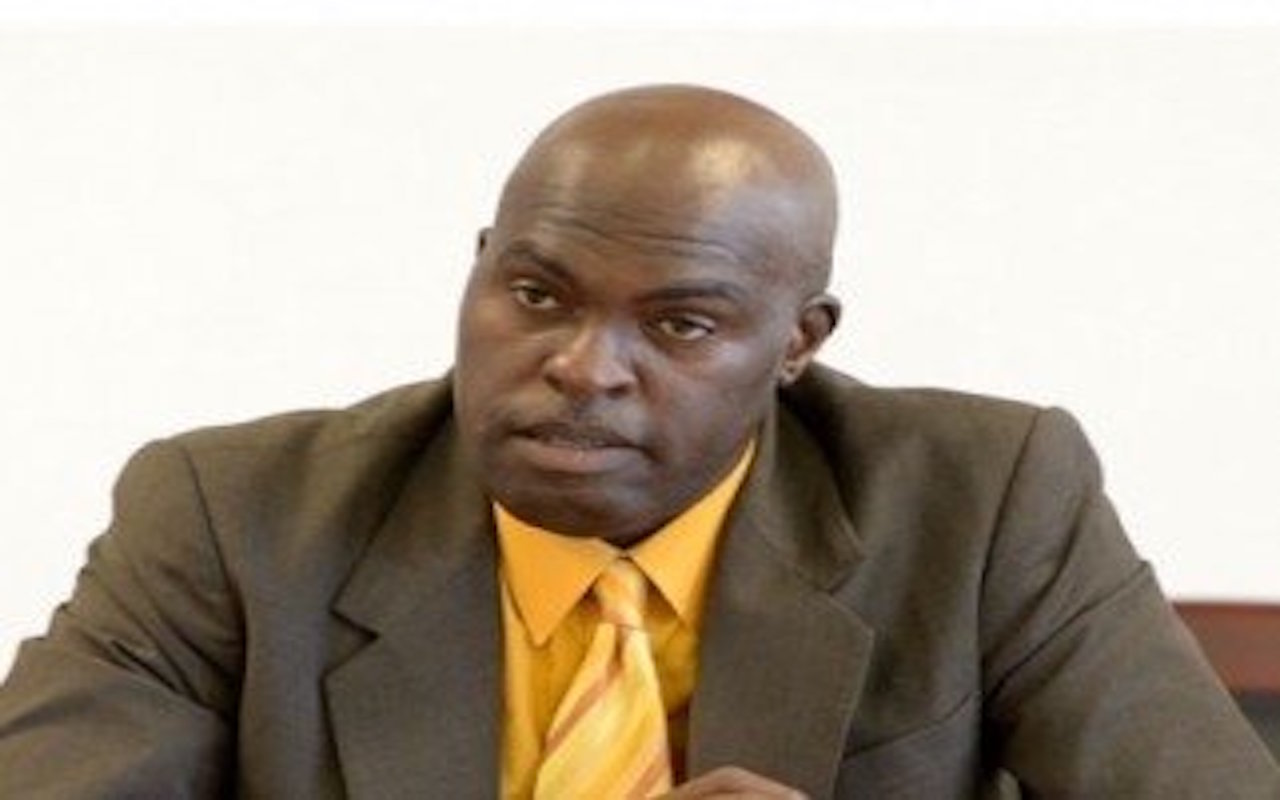Employers are continuing to pressure workers to return to work even as they await results of their COVID-19 tests, a prominent attorney-at-law has claimed.
Michael Lashley QC described the trend as “worrying” and called for measures to be put in place to shield workers from victimisation.
He lambasted employers for putting their interests ahead of the safety and health of their employees.
Lashley maintained that bosses owed it to their employees to ensure their environment at work was safe under the Health and Safety at Work Act.
He said pressuring workers to return to work without knowing their COVID-19 status was potentially putting other employees at danger.
The Queen’s Counsel who was speaking on radio said: “They are being pressured and my position is that it is indeed an unlawful act by the employer to say to that employee, ‘you have to come back to work or else’, when you have a situation where someone is waiting on a test.
“I will send the necessary correspondence to the employer letting them know that it is indeed unlawful under the laws of Barbados and indeed send a letter to the Ministry of Health to get them to produce the test results.”
The former minister in the Freundel Stuart administration said he was willing to take anyone who engaged in such illegal practices to court.
He said all employees, especially low-income workers, need to be protected.
Lashley suggested amending the Community Legal Services Act to provide assistance to people who could not afford a lawyer.
He said: “When will we treat to vulnerable employees who don’t have much income, who cannot employ a lawyer and who need their rights protected? That is the group of people that we need to touch and deal with, who then fall at the hands of employers.
“Currently the Community Legal Services Act of Barbados, we can probably look at that to see if we can make an amendment only for this period of time.
“We can amend it for this period of time to allow it to capture matters of employment particularly during this COVID period for employees who need legal representation, or we can direct the Director of Legal Aid to interview these persons, grant them a legal aid certificate where their rights are being infringed so that they will be legally protected.” (RB)




